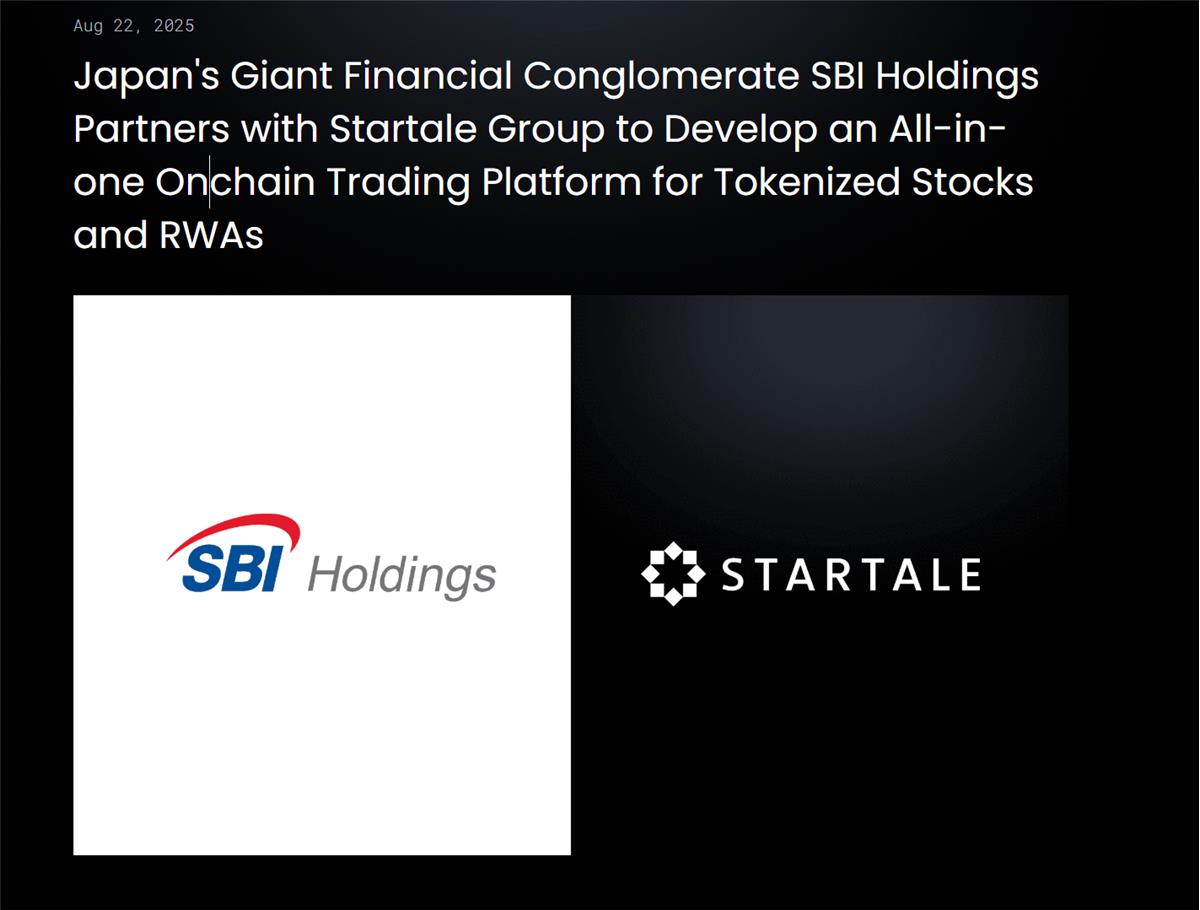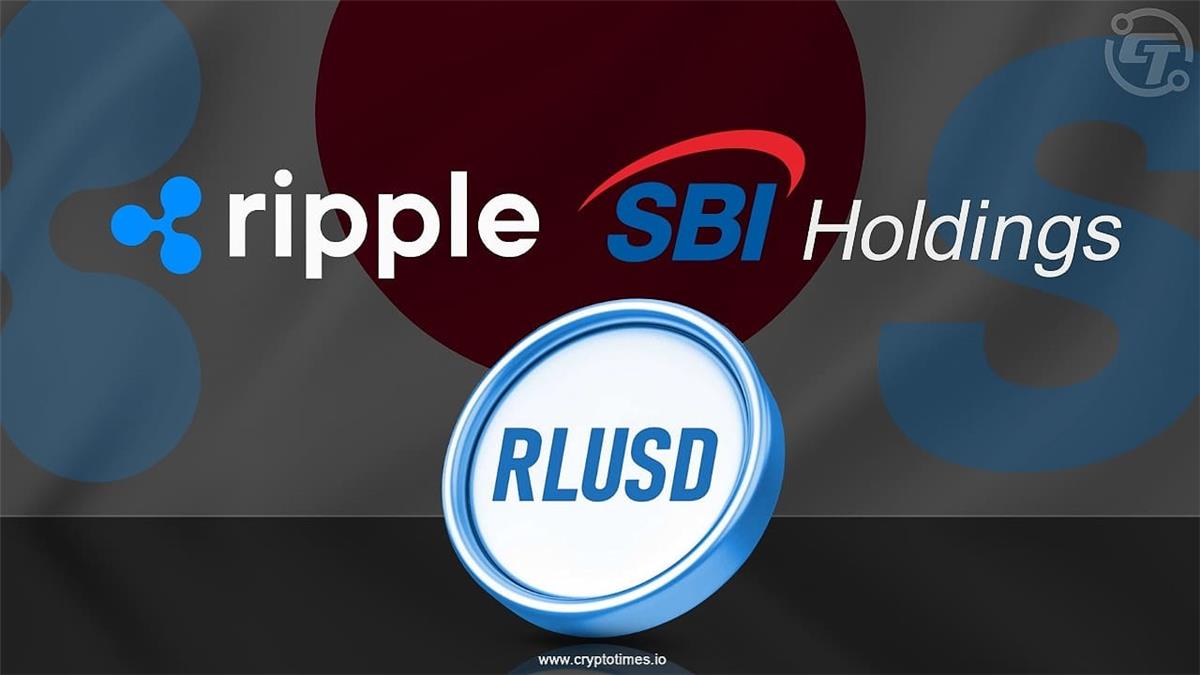These developments underscore SBI’s aggressive expansion into the Web3 and crypto sectors, positioning it as a key player in Japan’s digital finance transformation.
Japanese financial giant SBI Holdings has announced a joint venture with Circle Internet Holdings, the issuer of the USDC stablecoin, to accelerate the adoption of USDC in Japan and expand its use in Web3 and digital finance. The agreement, finalized in March 2025, builds on a memorandum of understanding signed between the two companies in 2023. SBI aims to leverage its extensive financial infrastructure alongside Circle’s expertise in blockchain technology to drive innovation in Japan’s digital finance ecosystem.
SBI VC Trade, a subsidiary of SBI Holdings, has already become Japan's first registered “Electronic Payment Instrument Service Provider” and was the first to offer USDC trading services in the country. This pioneering move has positioned SBI as a leader in integrating stablecoins into Japan’s financial landscape, which has historically been cautious about crypto adoption. As part of its commitment, SBI invested $50 million in Circle in the past, strengthening their strategic partnership.

The joint venture is not SBI’s only significant move in the Web3 and blockchain space. On the same day, the company announced a strategic partnership with blockchain infrastructure firm Startale Group to launch an innovative on-chain tokenized stock trading platform. The platform aims to revolutionize stock trading by enabling 24/7 trading of tokenized stocks, offering faster cross-border settlements, fractional ownership, and integrating decentralized finance (DeFi) protocols. Additional features include account abstraction, institutional custody, and real-time compliance monitoring, making it one of the most advanced blockchain-based financial systems in development.

In another major announcement, Ripple partnered with SBI Holdings and its subsidiary SBI VC Trade to distribute Ripple USD (RLUSD), a stablecoin backed by U.S. dollar deposits, short-term government bonds, and other cash equivalents. RLUSD is designed as an enterprise-grade stablecoin and is expected to launch in Japan by the first quarter of 2026. This collaboration aligns with SBI’s broader strategy to integrate stablecoins into its financial services, further enhancing liquidity and cross-border transaction efficiency.
 SBI’s ambitions also extend into the media sector. The company disclosed plans to acquire a majority stake in Web3 media company CoinPost, which is expected to become a subsidiary by October 1, 2025. CoinPost is one of Japan’s leading media platforms focused on blockchain and crypto, and the acquisition will likely serve to bolster SBI’s influence in shaping public opinion and education around Web3 technologies.
SBI’s ambitions also extend into the media sector. The company disclosed plans to acquire a majority stake in Web3 media company CoinPost, which is expected to become a subsidiary by October 1, 2025. CoinPost is one of Japan’s leading media platforms focused on blockchain and crypto, and the acquisition will likely serve to bolster SBI’s influence in shaping public opinion and education around Web3 technologies.

These developments underscore SBI’s aggressive expansion into the Web3 and crypto sectors, positioning it as a key player in Japan’s digital finance transformation. By forging partnerships with industry leaders like Circle, Ripple, and Startale Group, SBI is building a comprehensive ecosystem that spans stablecoins, tokenized assets, and blockchain-based financial services. These initiatives reflect a broader trend of institutional adoption of blockchain technologies in Japan, signaling a shift toward mainstream acceptance of crypto and Web3 innovations.
 PEPE0.00 -4.62%
PEPE0.00 -4.62%
 TON1.34 -1.98%
TON1.34 -1.98%
 BNB619.70 -2.80%
BNB619.70 -2.80%
 SOL82.82 -4.79%
SOL82.82 -4.79%
 XRP1.40 -2.88%
XRP1.40 -2.88%
 DOGE0.09 -3.76%
DOGE0.09 -3.76%
 TRX0.28 -0.21%
TRX0.28 -0.21%
 ETH2018.85 -4.20%
ETH2018.85 -4.20%
 BTC68709.92 -2.32%
BTC68709.92 -2.32%
 SUI0.93 -3.85%
SUI0.93 -3.85%






 SBI’s ambitions also extend into the media sector. The company
SBI’s ambitions also extend into the media sector. The company 


